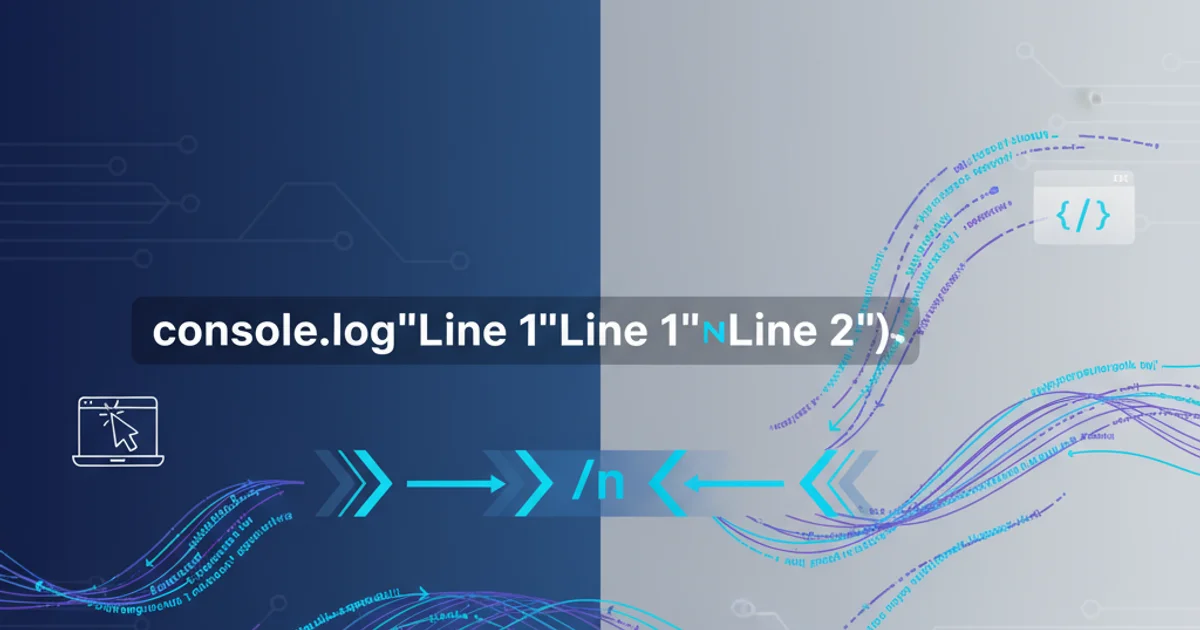How to convert date time from MST to EST?
Categories:
Converting MST to EST: A Comprehensive Guide for Android Developers

Learn how to accurately convert dates and times from Mountain Standard Time (MST) to Eastern Standard Time (EST) in Android applications, handling time zones and daylight saving.
Handling date and time conversions across different time zones is a common challenge in software development, especially in mobile applications like Android. This article will guide you through the process of converting a DateTime object from Mountain Standard Time (MST) to Eastern Standard Time (EST), ensuring accuracy and proper handling of time zone rules, including Daylight Saving Time (DST).
Understanding Time Zones and Their Challenges
Time zones are geographical regions that observe a uniform standard time. The complexity arises from Daylight Saving Time (DST), where clocks are adjusted forward or backward by an hour during certain periods of the year. This means a simple offset calculation isn't always sufficient. For example, MST is UTC-7, and EST is UTC-5. While the difference is typically 2 hours, during DST, the offset might change, or one region might observe DST while the other does not, leading to discrepancies if not handled correctly. Android's java.util.TimeZone and java.time (for API 26+) classes are essential for managing these complexities.
flowchart TD
A[Input DateTime (MST)] --> B{Define Source TimeZone (MST)};
B --> C{Define Target TimeZone (EST)};
C --> D[Create Date Object from MST DateTime];
D --> E{Set Source TimeZone to Date Object};
E --> F{Convert to Target TimeZone (EST)};
F --> G[Output DateTime (EST)];Flowchart for converting DateTime from MST to EST
Method 1: Using java.util.TimeZone and SimpleDateFormat (API < 26)
For Android applications targeting API levels below 26, the java.util.TimeZone and java.text.SimpleDateFormat classes are the primary tools for date and time manipulation. This method involves parsing the input date string with the source time zone and then formatting it with the target time zone.
import java.text.ParseException;
import java.text.SimpleDateFormat;
import java.util.Date;
import java.util.TimeZone;
public class TimeZoneConverter {
public static String convertMstToEst(String mstDateTimeString) {
// 1. Define the input format and source time zone (MST)
SimpleDateFormat mstFormat = new SimpleDateFormat("yyyy-MM-dd HH:mm:ss");
mstFormat.setTimeZone(TimeZone.getTimeZone("America/Phoenix")); // MST without DST
// Or "America/Denver" for MST with DST, depending on specific requirement
// 2. Parse the input MST date string into a Date object
Date dateInMst;
try {
dateInMst = mstFormat.parse(mstDateTimeString);
} catch (ParseException e) {
e.printStackTrace();
return null; // Handle parsing error appropriately
}
// 3. Define the output format and target time zone (EST)
SimpleDateFormat estFormat = new SimpleDateFormat("yyyy-MM-dd HH:mm:ss");
estFormat.setTimeZone(TimeZone.getTimeZone("America/New_York")); // EST with DST
// 4. Format the Date object into the target EST string
return estFormat.format(dateInMst);
}
public static void main(String[] args) {
String mstTime = "2023-10-27 10:30:00"; // Example MST time
String estTime = convertMstToEst(mstTime);
System.out.println("MST: " + mstTime);
System.out.println("EST: " + estTime);
String mstTimeDST = "2023-07-15 10:30:00"; // Example MST time during DST (if applicable)
String estTimeDST = convertMstToEst(mstTimeDST);
System.out.println("MST (DST): " + mstTimeDST);
System.out.println("EST (DST): " + estTimeDST);
}
}
Java code for converting MST to EST using SimpleDateFormat.
"America/Phoenix" (for MST without DST, e.g., Arizona) or "America/Denver" (for MST with DST) and "America/New_York" (for EST with DST) instead of abbreviations like "MST" or "EST". Abbreviations can be ambiguous and may not correctly handle DST transitions.Method 2: Using java.time API (API 26+)
For modern Android development (API 26 and above), the java.time package (JSR-310) offers a more robust, immutable, and user-friendly API for date and time operations. It provides classes like LocalDateTime, ZonedDateTime, and ZoneId that simplify time zone conversions significantly.
import java.time.LocalDateTime;
import java.time.ZoneId;
import java.time.ZonedDateTime;
import java.time.format.DateTimeFormatter;
public class ModernTimeZoneConverter {
public static String convertMstToEstModern(String mstDateTimeString) {
// 1. Define the input format
DateTimeFormatter formatter = DateTimeFormatter.ofPattern("yyyy-MM-dd HH:mm:ss");
// 2. Parse the input string into a LocalDateTime
LocalDateTime localDateTime = LocalDateTime.parse(mstDateTimeString, formatter);
// 3. Define the source time zone (MST)
ZoneId mstZone = ZoneId.of("America/Phoenix"); // MST without DST
// Or ZoneId.of("America/Denver") for MST with DST
// 4. Create a ZonedDateTime in the source time zone
ZonedDateTime mstZonedDateTime = localDateTime.atZone(mstZone);
// 5. Define the target time zone (EST)
ZoneId estZone = ZoneId.of("America/New_York"); // EST with DST
// 6. Convert to the target time zone
ZonedDateTime estZonedDateTime = mstZonedDateTime.withZoneSameInstant(estZone);
// 7. Format the result into a string
return estZonedDateTime.format(formatter);
}
public static void main(String[] args) {
String mstTime = "2023-10-27 10:30:00"; // Example MST time
String estTime = convertMstToEstModern(mstTime);
System.out.println("MST: " + mstTime);
System.out.println("EST: " + estTime);
String mstTimeDST = "2023-07-15 10:30:00"; // Example MST time during DST (if applicable)
String estTimeDST = convertMstToEstModern(mstTimeDST);
System.out.println("MST (DST): " + mstTimeDST);
System.out.println("EST (DST): " + estTimeDST);
}
}
Java code for converting MST to EST using java.time API.
withZoneSameInstant() method in ZonedDateTime is crucial here. It ensures that the instant (point in time) remains the same, but the local date and time components are adjusted to reflect the new time zone's offset. This correctly handles DST transitions.Choosing the Right Time Zone ID
The choice of ZoneId or TimeZone string is critical. For MST, you might encounter "MST", "America/Phoenix", or "America/Denver".
"MST"is a generic abbreviation and should generally be avoided due to ambiguity and potential issues with DST."America/Phoenix"represents Arizona, which observes MST year-round (no DST)."America/Denver"represents Colorado, which observes MST and MDT (Mountain Daylight Time) during DST.
For EST, "America/New_York" is the standard and recommended ID, which correctly handles EST and EDT (Eastern Daylight Time) transitions.
1. Identify Input Time Zone
Determine the exact time zone of your input DateTime string. Is it a fixed offset like UTC-7, or a geographical zone that observes DST (e.g., America/Denver)?
2. Choose Appropriate API
For API level 26 and above, use java.time. For older API levels, use java.util.TimeZone and SimpleDateFormat.
3. Parse with Source Time Zone
Parse your input DateTime string into a Date or ZonedDateTime object, explicitly setting the source time zone.
4. Convert to Target Time Zone
Use the appropriate method (setTimeZone for SimpleDateFormat or withZoneSameInstant for ZonedDateTime) to convert the time to the target EST time zone.
5. Format Output
Format the resulting Date or ZonedDateTime object into your desired output string format.